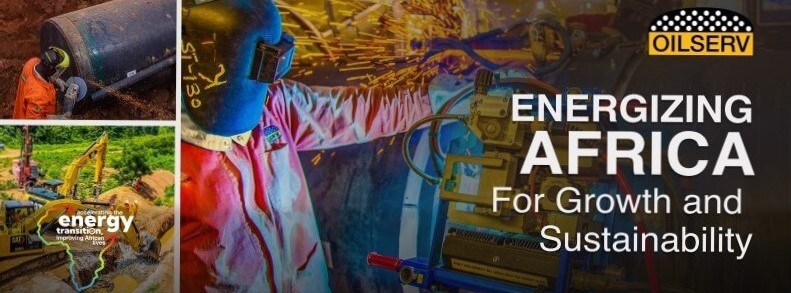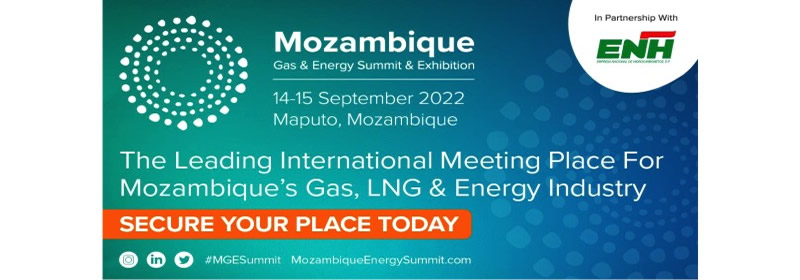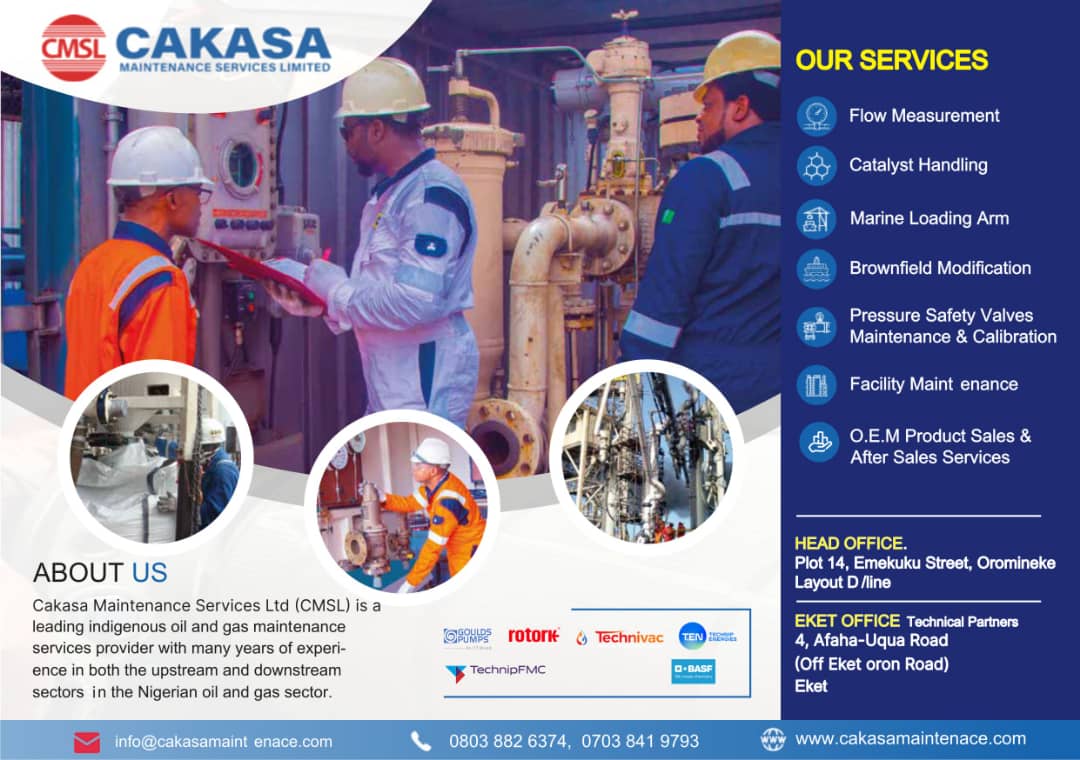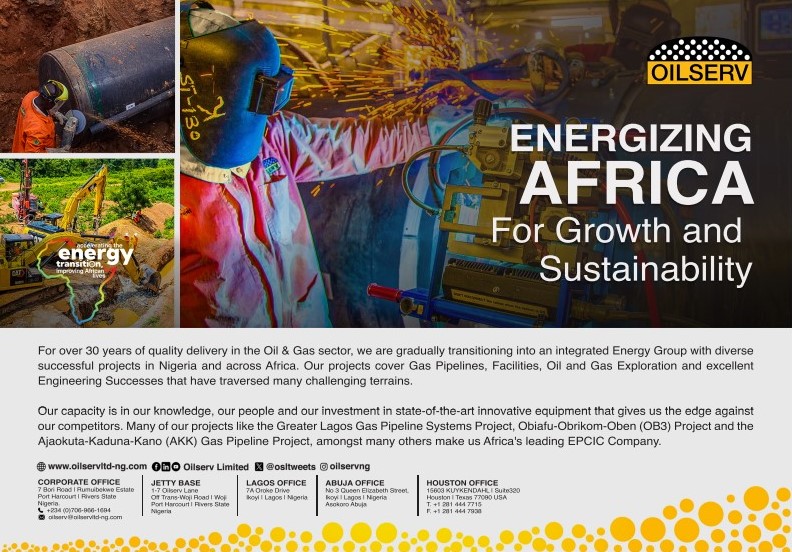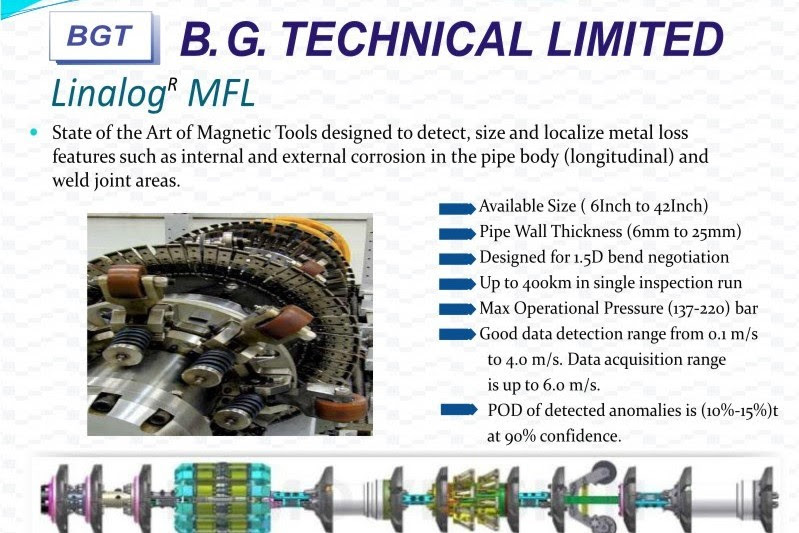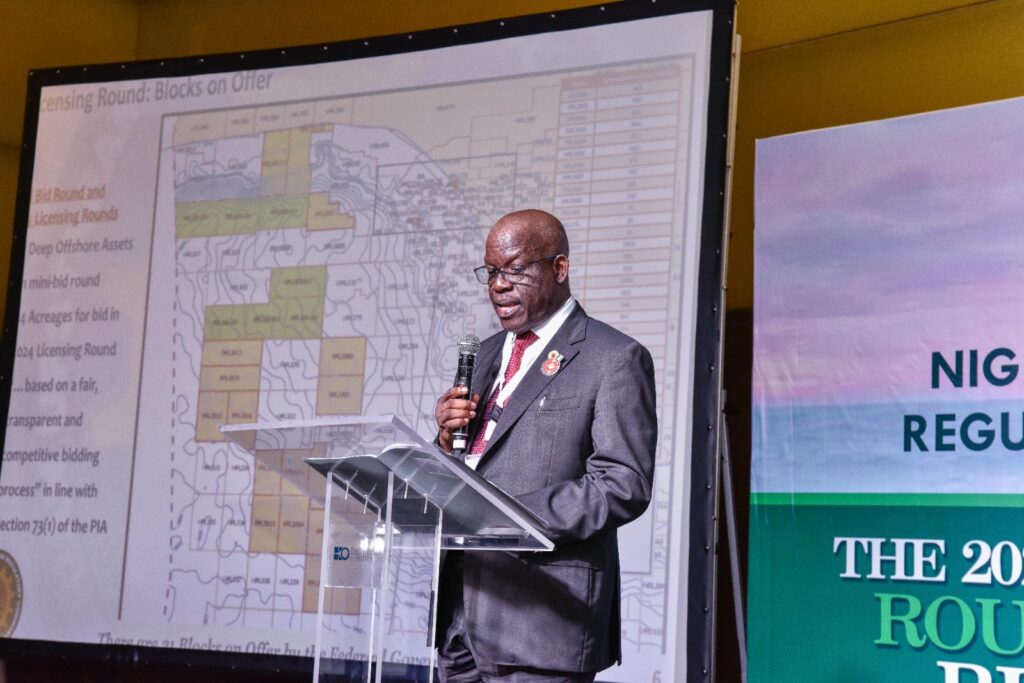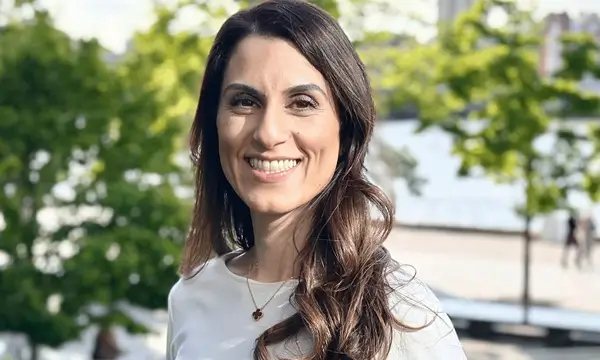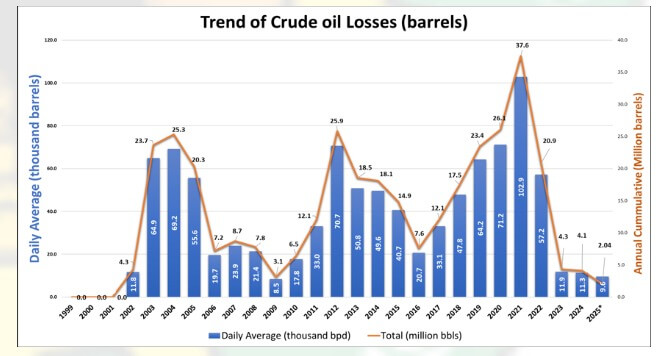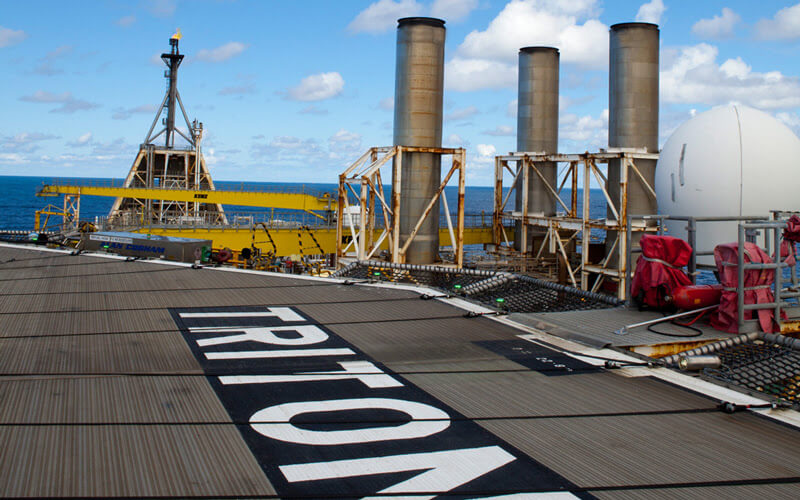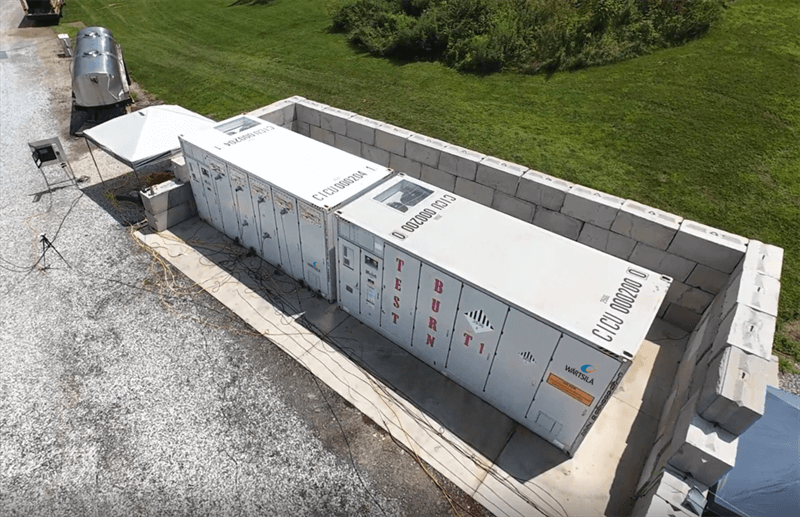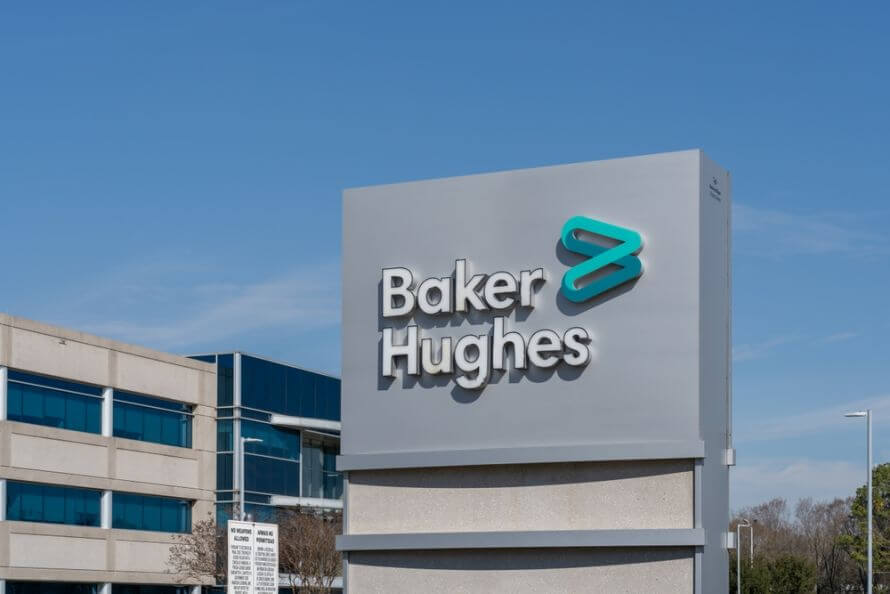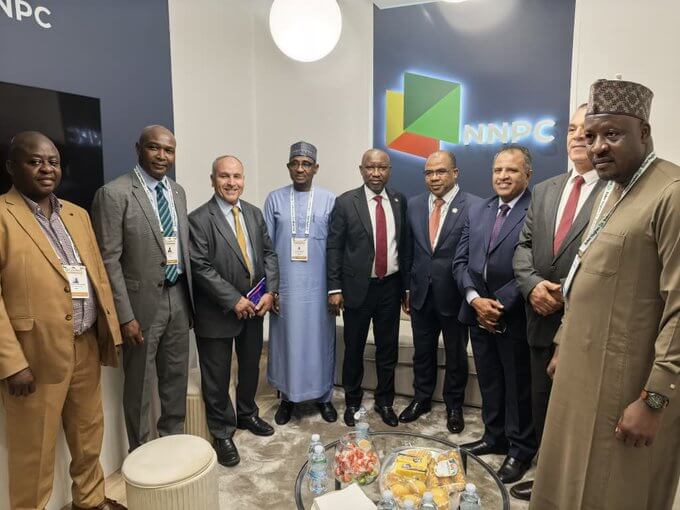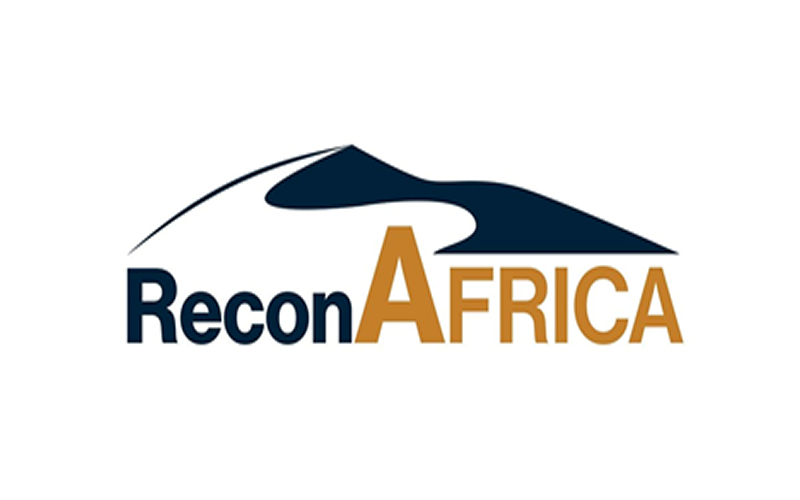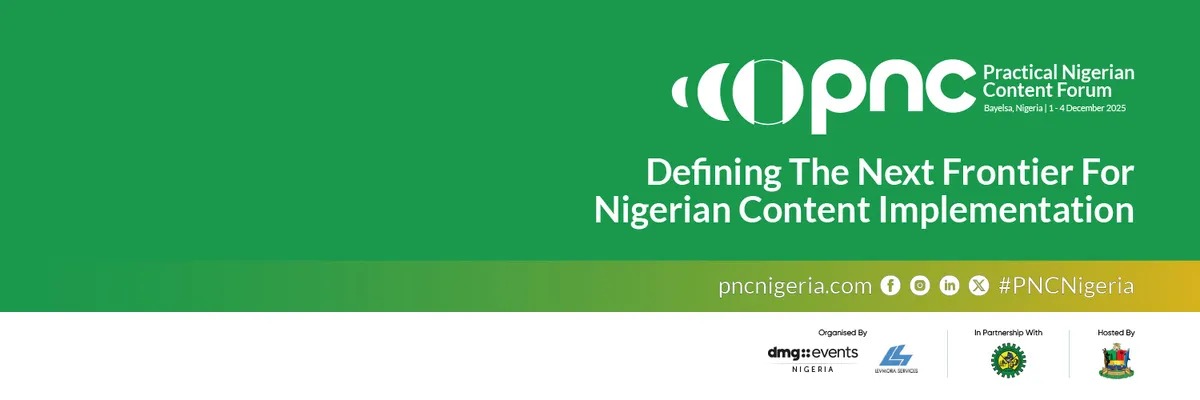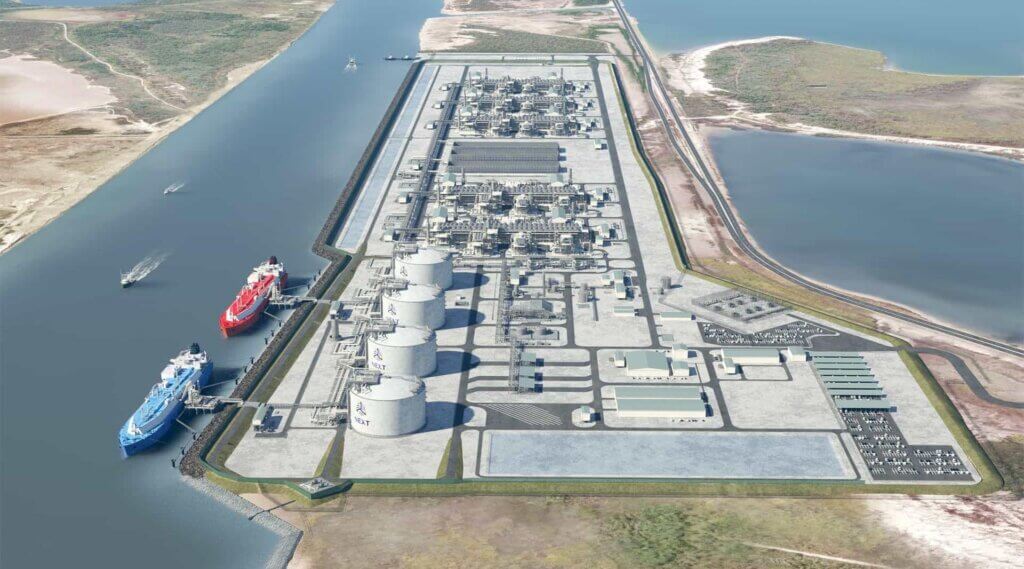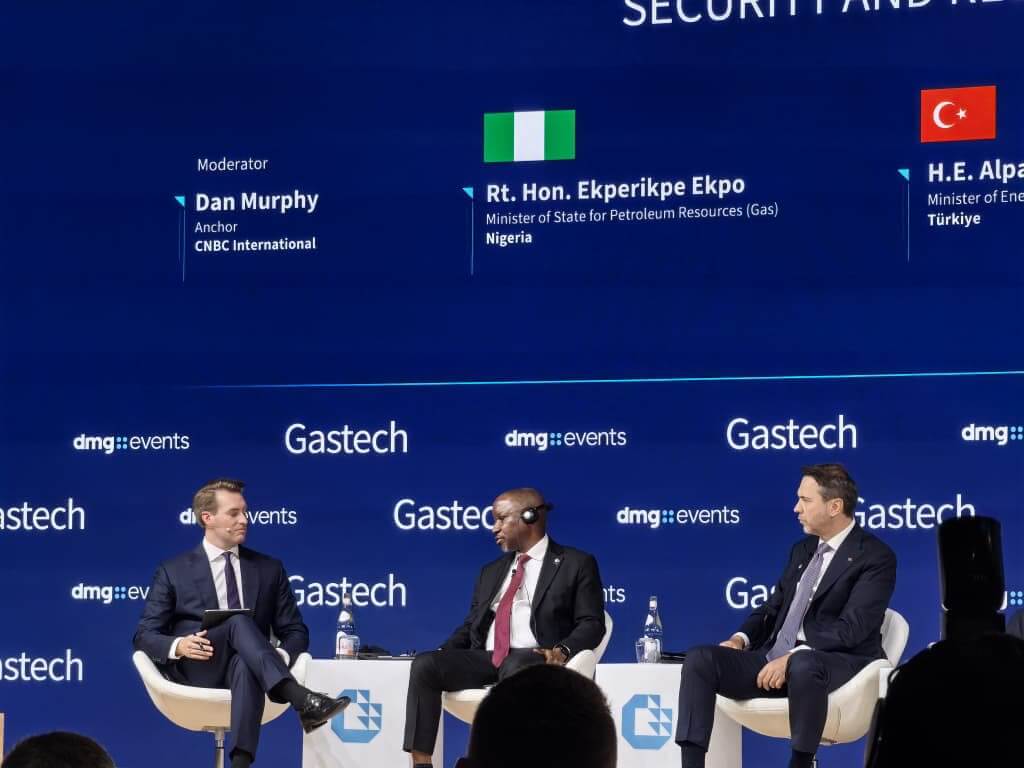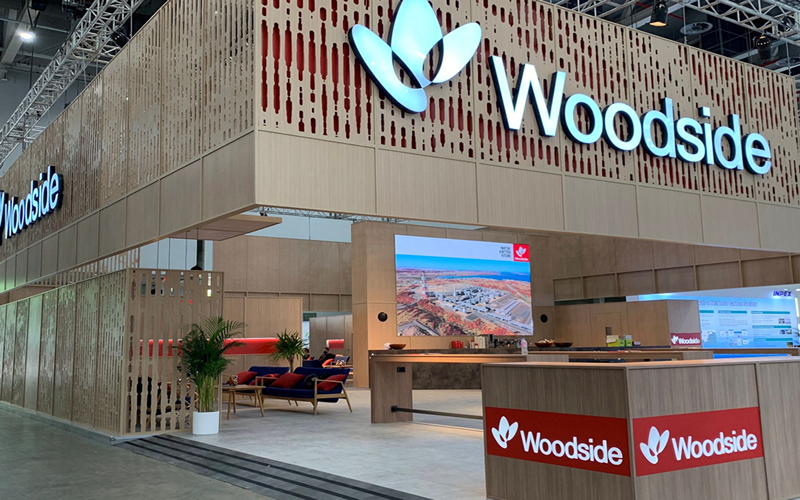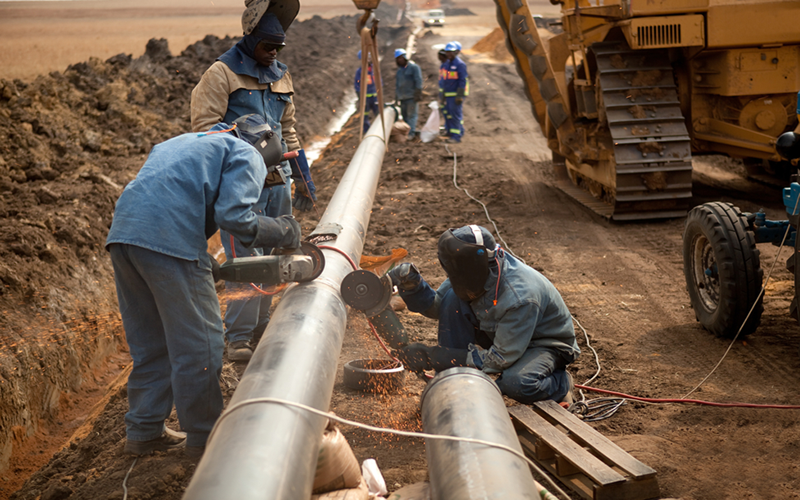
Zambia’s Energy Minister Peter Kapala has announced that his country intends building a 700-kilometre long pipeline connecting the port of Dar es salaam in Tanzania with his country.
He said at the recent weekend that construction had already commenced and that the pipeline will run parallel with the existing pipeline but will be fully modern in comparison.
The pipeline is being built with an initial investment of US$ 300 million.
A new pipeline is key to Zambia’s long-term goal of stabilising diesel supply, he said, as well as maintaining a favourable pump price.
“In a few months’ time, the pipeline will start pumping diesel fuel into Zambia. Phase one of the pipeline will end in Mpika (northern Zambia), phase two in Ndola (Copperbelt Province) and phase three in Solwezi (in northwestern Zambia),” said the minister in a live radio broadcast.
The two countries, Zambia and Tanzania, currently share a 1,710-km pipeline for pumping crude oil for refining from the port at Dar es Salaam to the Indeni Petroleum Refinery in Ndola, Zambia.
However, this pipeline is old and considered obsolete through long wear and tear. In 2019 both countries announced their intention of building a new pipeline at a cost then of $1.5 billion to complement the older pipeline.
The current Zambian government came into office less than a year ago and has rejuvenated the project.
The report said Zambia’s current daily diesel consumption is around two million litres. The main consumers are the mines and the consumption level remains constant despite outside pressures. However prices have risen as elsewhere.
In November last year the Indeni Refinery was placed under Care and Maintenance, Zambia’s version of Business Rescue. At that time Minister Peter Kapala described the measure as being a reform aimed at promoting efficiency and stability in the petroleum subsector.
He said this would result in the refinery having fewer employees, with those affected having the the option of re-deployment or voluntary retrenchment from the company.
A further measure, he said, involved products such as petrol, Jet A1, Liquefied Petroleum Gas (LPG), Kerosene and Heavy Fuel Oil (HFO) which would be imported by road as they will no longer be produced by the refinery. He also announced the intention of implementing the pumping of Low Sulphur Gasoil (LSG) diesel through the TAZAMA pipelines as one of the reforms. source ZNBC and Anadolu.











